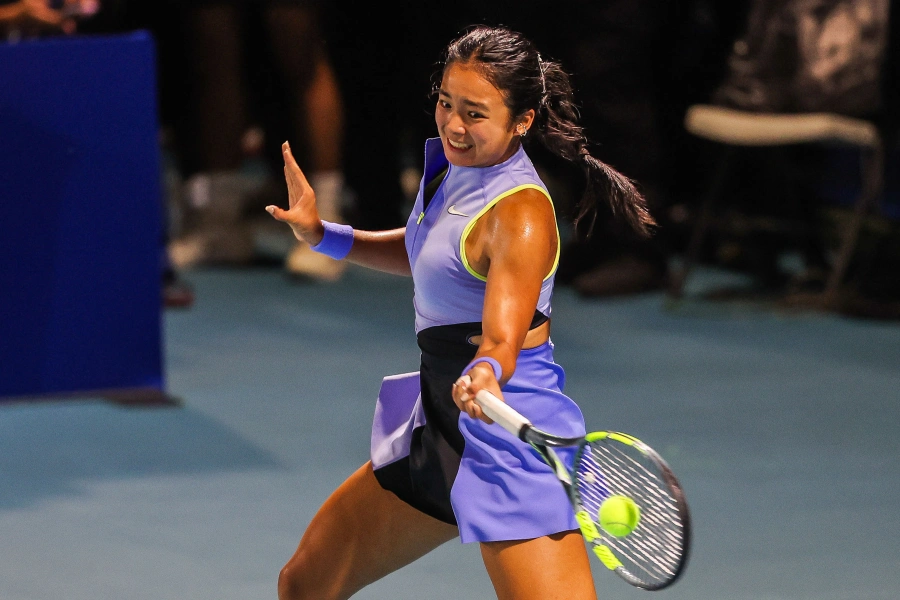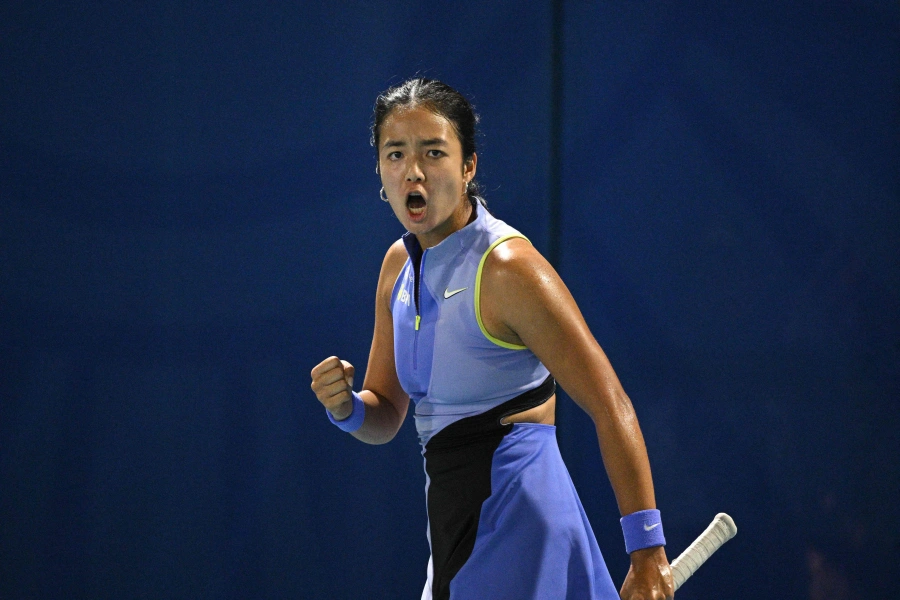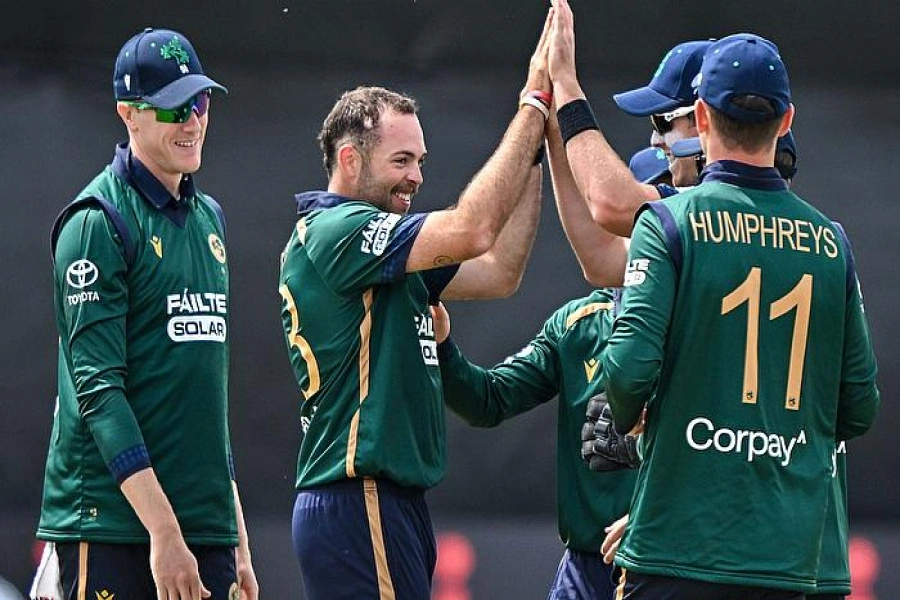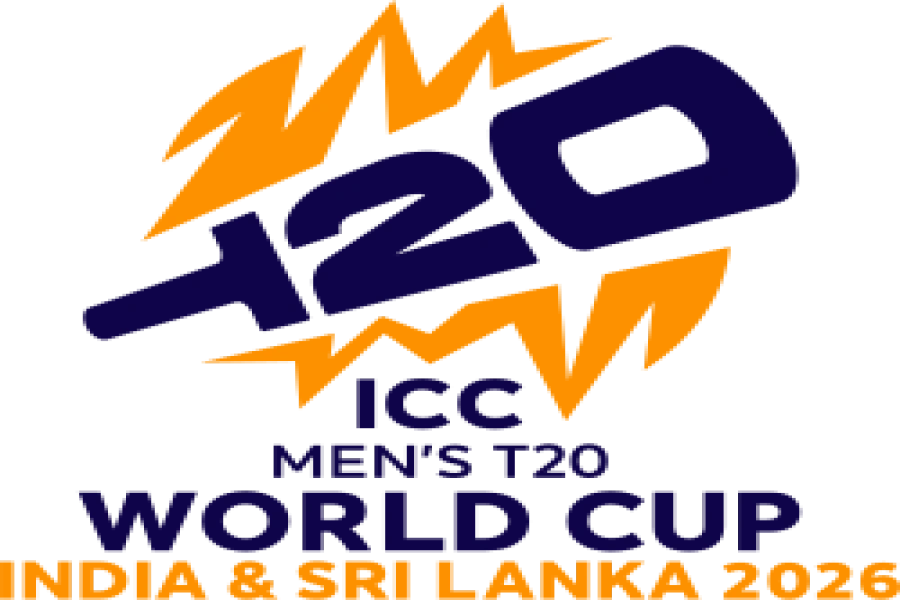The re-entry of ex-Vice President Nanda Bahadur Pun into active party politics has rekindled debate on the sanctity and credibility associated with Nepal’s highest constitutional offices. The CPN (Maoist Center) has assigned Pun to head its newly formed committee for overseeing the production sector, which fuels speculation that Chairman Pushpa Kamal Dahal intends to promote Pun to the party vice chairman’s seat, with a view to consolidating his grip on his party. At present, many higher-ranked Maoist leaders have locked their horns to gain the party’s second most powerful position. It appears that the internal party dynamics in the Maoist Centre have led to the return of the former VP into the party fold, much to the dismay of leaders like Janardan Sharma, Hari Bol Gajurel, and Barsha Man Pun, to name a few. All seem to be eyeing the vice chairman’s position in the party.
While the Maoist supremo appears happy to bring his most loyal supporter into party politics, he seems to have totally forgotten the significance of the high office of vice presidency, which is supposed to be a non-partisan entity meant to institutionalize the federal democratic republican system of governance, an outcome of the successful people’s movement of 2006. The re-entry of VP Pun into active politics has only trivialized his former office while fueling differences and dissatisfaction in the party of former rebels. What irks more now is that after the VP has joined the active party politics by assuming his party role, former President Bidya Devi Bhandari is on the cusp of returning to her former party—the CPN-UML. UML Chairman KP Oli, who single-handedly set the stage for Bhandari’s presidency, is vehemently opposed to her political comeback. While who becomes the UML chair or not is for the UML rank and file to decide, Bhandari's and Pun's return to active party politics not only undermines the sanctity of the country's highest political office but also runs contrary to the very spirit of the Constitution. The very people who served as the country's president and vice president are not expected to long for political power all the time. Their predecessor—the country's first president, – Dr Ram Baran Yadav—"retired" as president without harboring prolonged craving for political power.
Vitality of Ethics and Dignity in Human Existence

The Constitution of Nepal does not restrict former vice presidents or presidents from rejoining political parties, but these positions are highly esteemed as non-political and designed to foster national unity and safeguard all political achievements. The basic premise of the constitution is that the head of state and the deputy head should be above all political considerations and therefore should act as neutral entities. Both Bhandari and Pun gave up their party membership in the run-up to the election. The re-entry of Pun compromises the credibility of his position.
Permitting former heads of state or deputies to re-enter politics after their term gives the impression that these offices are superficial, lack independence, and lack strong leadership values. They too appear to be pawns at the hands of party bosses. Hence, there is an urgent need for our lawmakers and political parties to consider legislative or constitutional changes to bar former heads and their deputies from joining party politics the moment they walk out of Shital Niwas.




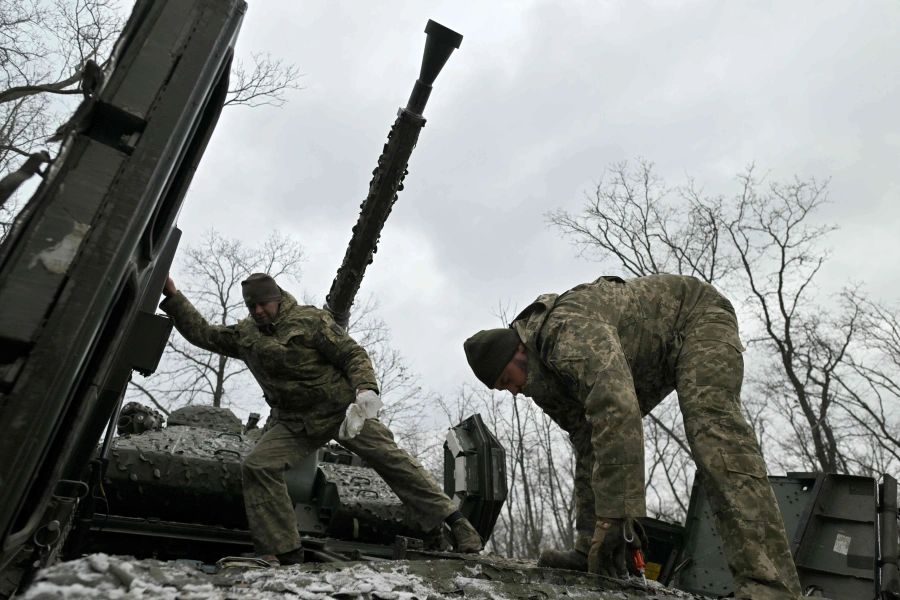

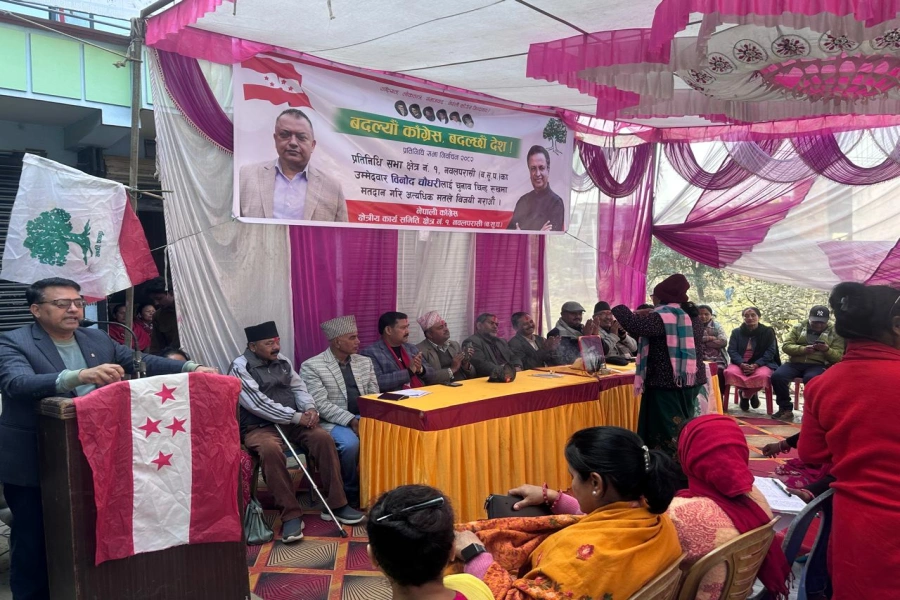
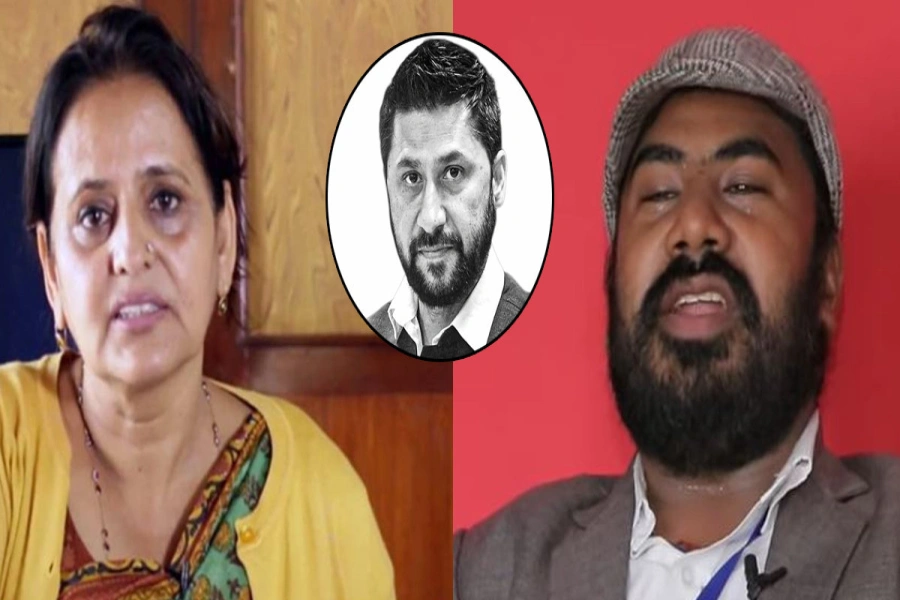
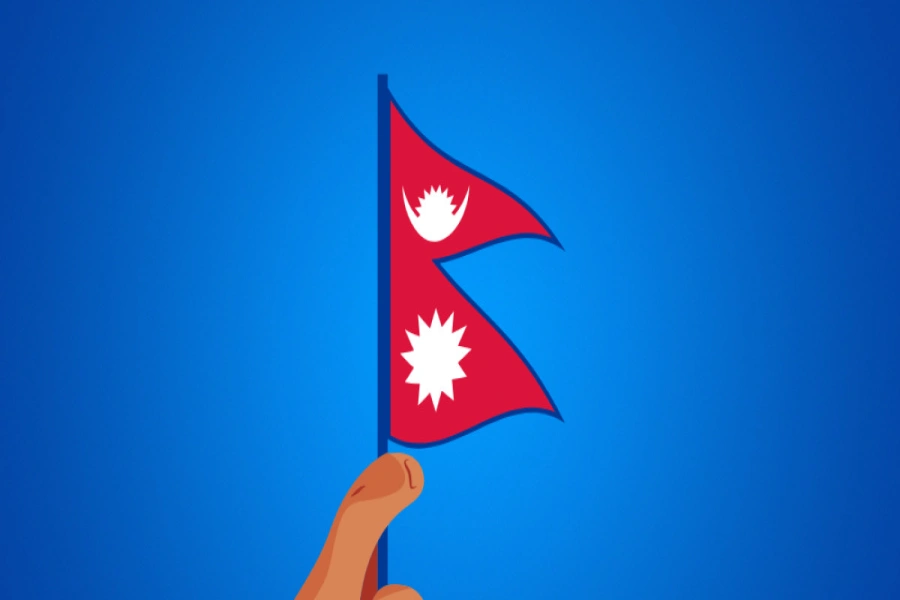

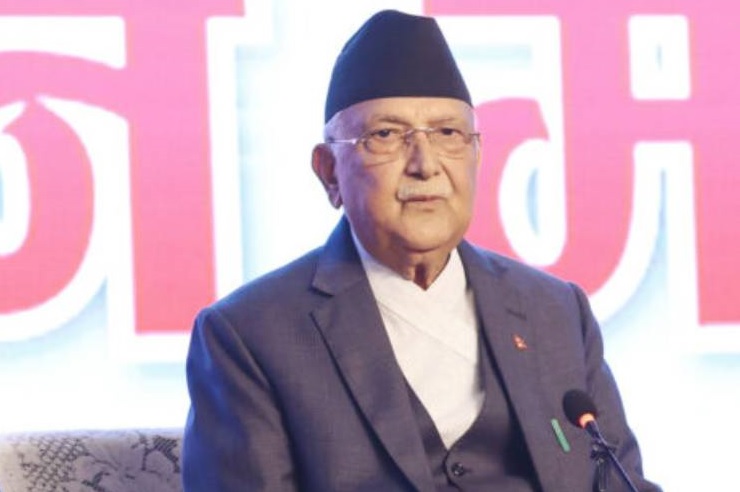









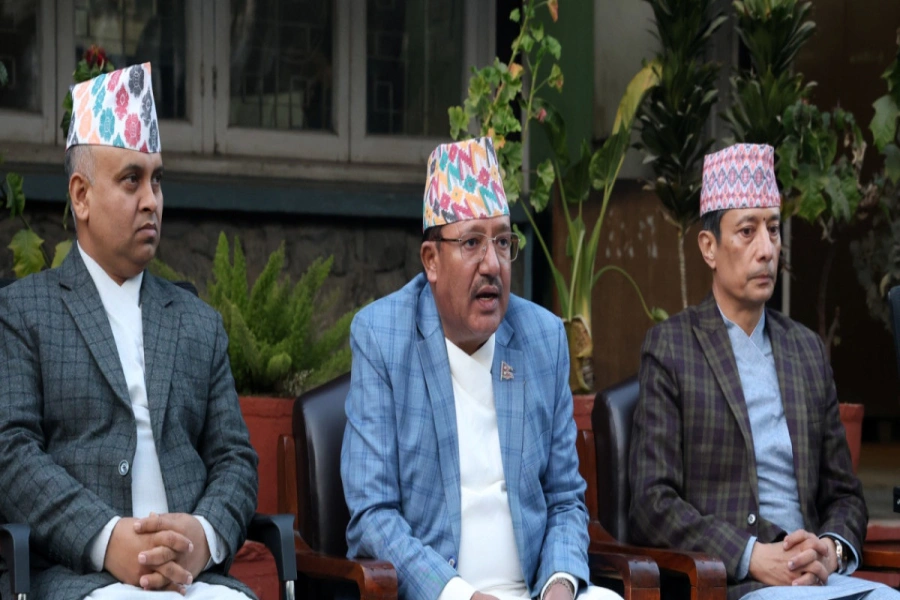




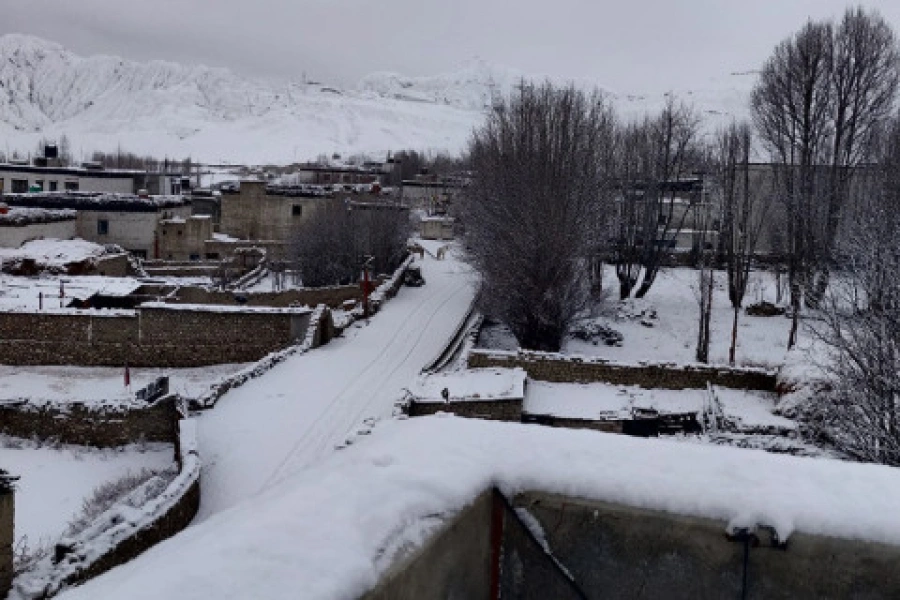
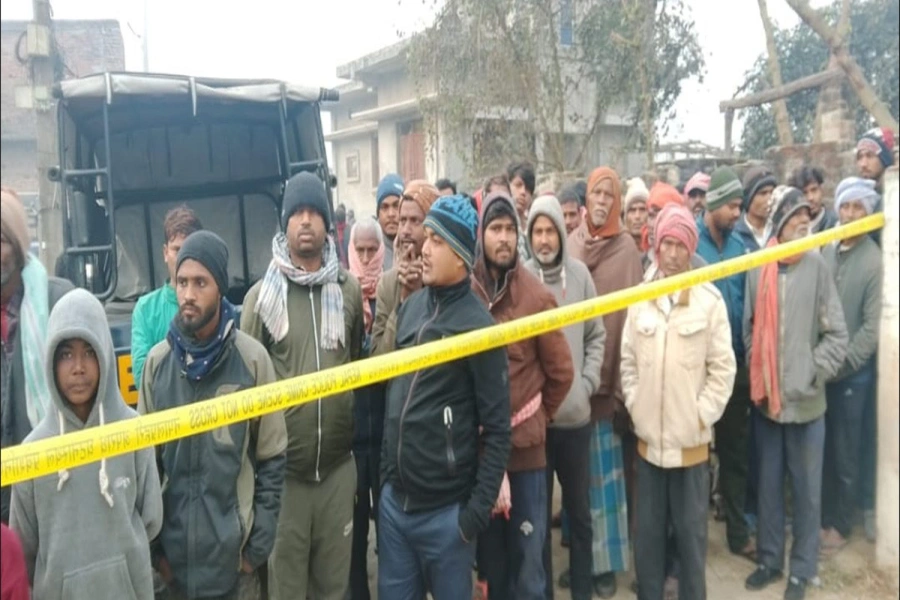
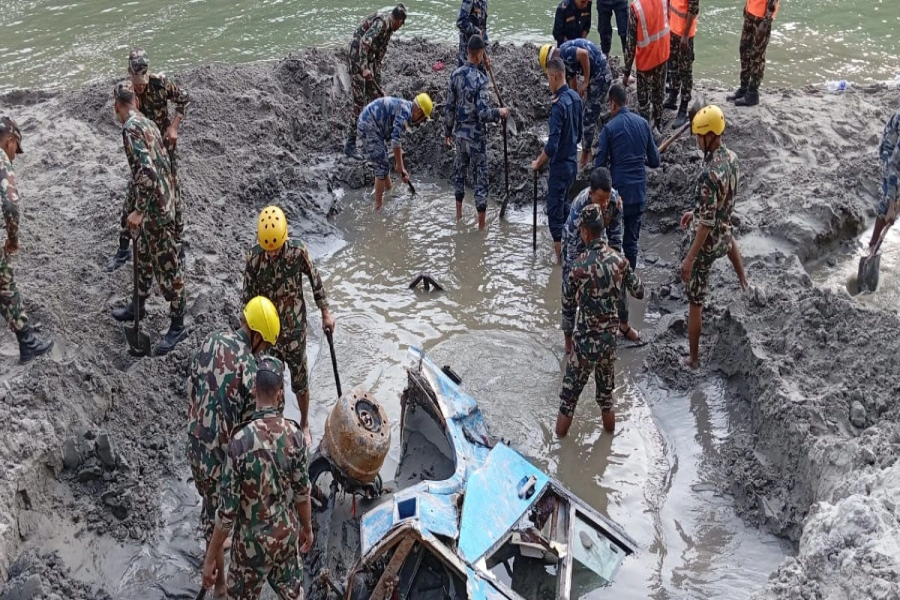
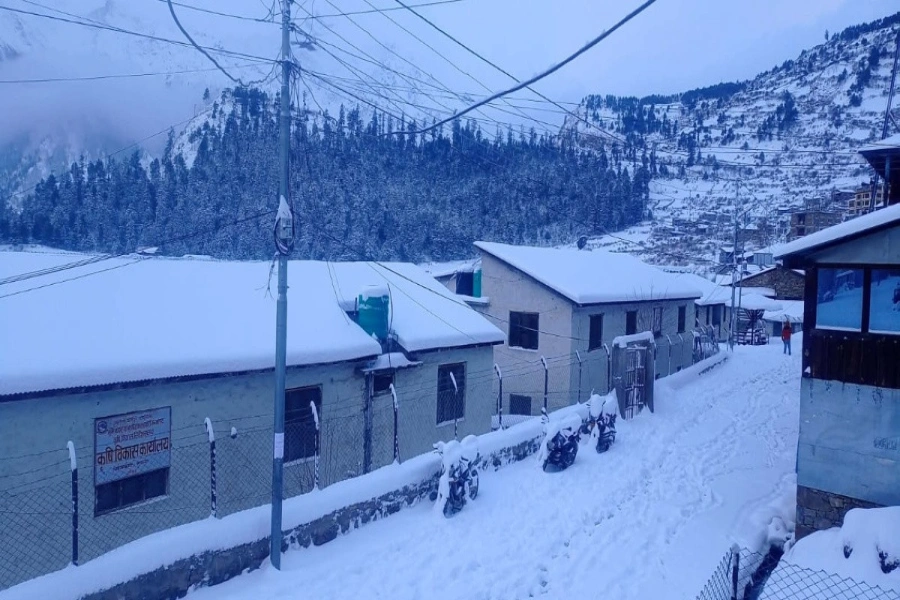
-1769564710.webp)




